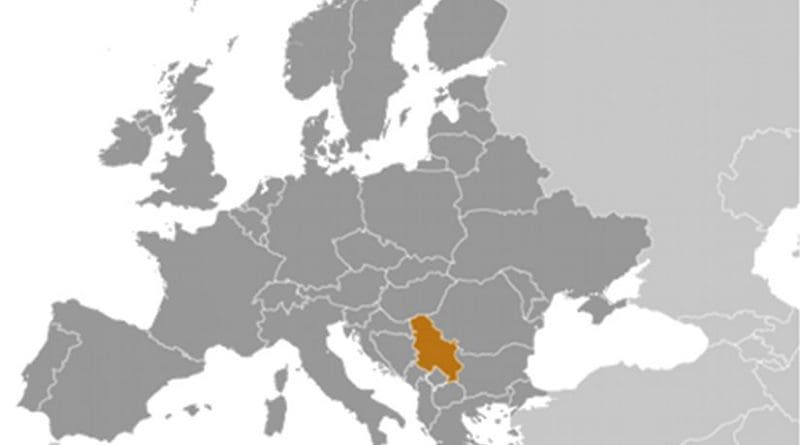Serbia Wasting Millions On Early Elections, NGO Says
By Maja Zivanovic
Ahead of a meeting of Serbia’s ruling party, when a decision on potential new early elections is to be announced, a watchdog has warned that the country has already spent millions of euros unnecessarily on early polls.
Data obtained by an NGO in Serbia, the National Coalition for Decentralization, NKD, show that since the Progressive Party took power in Serbia in 2012, the country has spent around 25 million euros on early elections, adding that new parliamentary elections would likely mean new unnecessary spending as well.
Serbia’s President, also head of the Progressives, Aleksandar Vucic, said on November 11 that his party would announce its decision on elections on Saturday after the party meeting.
He explained that a decision would be announced both on elections in Belgrade, which are expected to be held according to regular deadlines in spring 2018, but also on potential early general elections.
However, NKD, which monitors elections costs in Serbia, pointed out that since the Progressives assumed power in 2012, Serbia has spent around 25 million euros on two early parliamentary elections, held in 2014 and 2016.
“For the amount of the budget allocated for the early parliamentary elections in 2014 and 2016, the Serbian parliament could have worked for almost 22 months,” Jovana Strahinic, from NKD, told BIRN.
She added that due to the early parliamentary elections in 2014 and 2016, the total length of pauses in passing legislation also amounted to 11 months.
NKD statistics show that the number of laws adopted during election years by urgent procedure was significantly higher than the number adopted in non-election years.
“In the election years [2012, 2014, 2016], 70.6 per cent of the laws were passed in urgent procedure [257 legal acts]. In non-election years, the number of legal acts adopted by urgent procedure was less than 45 per cent,” Strahinic explained.
After the Progressive Party took power in 2012 following regular elections, although it had a stable majority, early parliamentary elections were held first in 2014 and again in 2016.
In 2017, citizens voted also in regular presidential elections, for which Serbia allocated around 15 million euros from the state budget.
The Serbian daily Blic calculated in a report published on November 6 that Serbian governments lasted only an average of 22 months.
The report noted that in the case of new early parliamentary elections, the government of current Prime Minister Ana Brnabic would be one of the shortest since the multiparty system was established in Serbia in 1991.
Despite of the wish of some state officials and members of the Progressive Party or its junior coalition partners, like the president of parliament, Maja Gojkovic, and Defence Minister Aleksandar Vulin, who already support new early parliamentary elections, the electoral commission said on November 14 that there are no planned funds for early elections in 2018.
Commenting on this news, Prime Minister Brnabic said a day later that the issue of early elections was a matter of “analysis of whether it is better to call elections or to invest this money in something else”.
Strahinic from NKD warned also that new elections will further slow reforms in the context of Serbia’s EU integration.
“Which is noted in the European Commission report,” she concluded, referring to the latest progress report, published in 2016, in which Commission said that early elections caused a multi-month suspension in parliament’s legislative activity.

